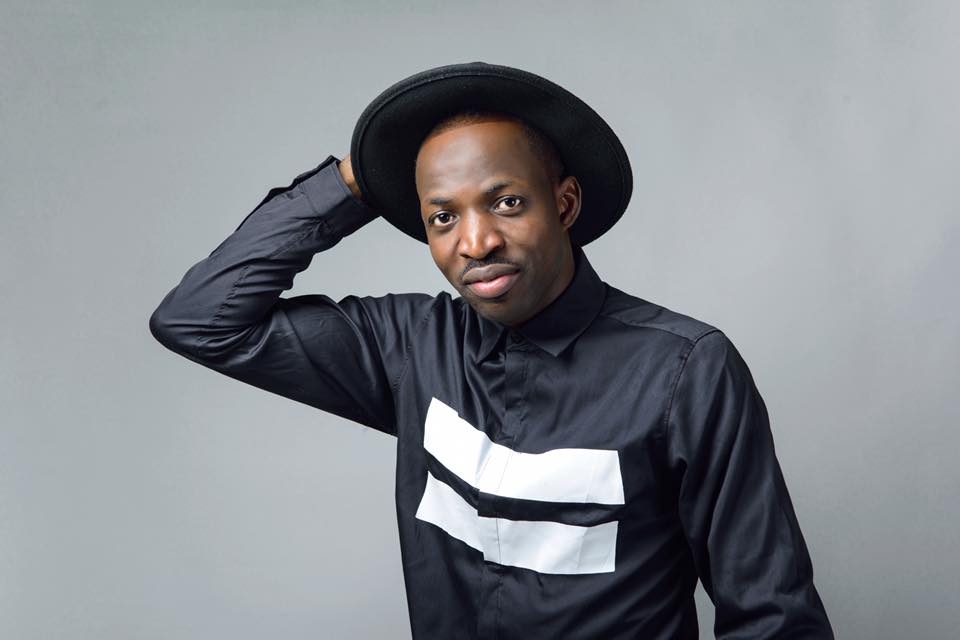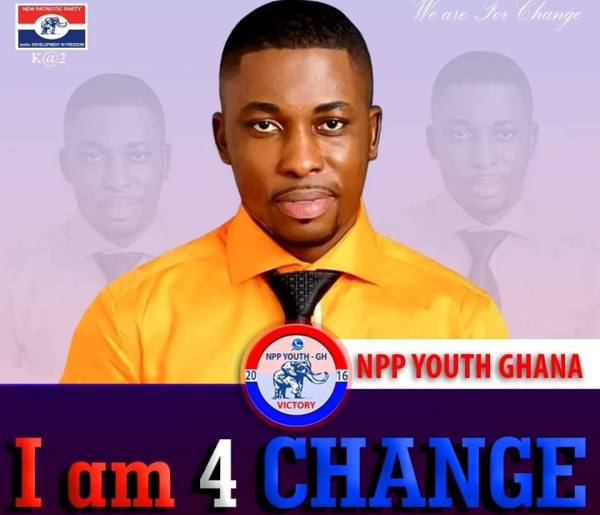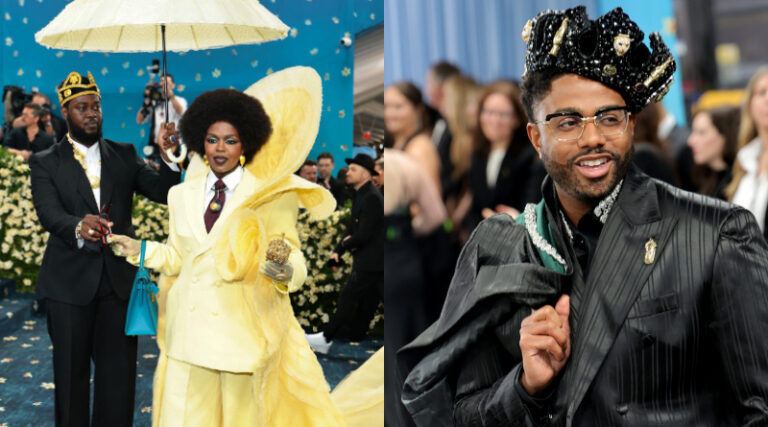Renowned Nigerian gospel music minister, Pastor Dunsin Oyekan, has publicly raised concerns over what he describes as a criminal and illegal upload of one of his previously released songs.
In a post shared on his verified X account, the artist revealed that his 2022 worship track, ‘Code of Worship’, which originally featured in his acclaimed album The Glory Experience, has been illegally reuploaded on various digital streaming platforms without his consent.

“My X folks, I need you to help report and bring down a criminal and illegal upload on all digital platforms. Someone released Code of Worship again. I released it on The Glory Experience album in 2022,” Oyekan wrote.
In his post, the gospel star passionately appealed to his followers and listeners to locate the unauthorized versions of the song and report them immediately to the relevant platforms. He labeled the act as a direct infringement of his intellectual property rights and called for swift action from digital service providers to take down the pirated content.
This incident sheds light once again on the ongoing plague of copyright infringement in the Nigerian music industry. While often associated with mainstream pop acts, piracy and unauthorized uploads have now become prevalent even within the gospel music scene, where artists like Oyekan labor to uphold the spiritual and creative integrity of their work.
Though Nigeria’s Copyright Act provides legal protection for creators, the implementation of these protections remains weak, with enforcement hampered by bureaucratic delays and an overstretched judicial system. High-profile cases, such as the three-decade-long legal battle between King Sunny Ade and African Songs Limited, underline the complexity and inefficiency of pursuing copyright claims through traditional legal channels.
Fortunately, the rise of digital streaming services has introduced more streamlined tools for addressing copyright violations, including the option for rights holders to issue takedown requests. These tools are essential for artists to combat unauthorized uploads, unlicensed samples, and improper revenue sharing, but they require public cooperation and platform responsiveness to be effective.

Dunsin Oyekan’s case is a stark reminder of the importance of respecting creators’ rights in the digital age. As artists increasingly rely on streaming platforms for visibility and income, the industry must work harder to protect intellectual property, especially in regions like Nigeria where enforcement gaps persist.
In the meantime, Oyekan’s fans and supporters have rallied to his call, showing support online and assisting with reporting the offending uploads. As he continues to minister through music, his stand reinforces the need for greater accountability and vigilance in digital content distribution.
The incident also serves as a call to digital platforms to act swiftly and decisively in protecting content creators from piracy—a necessary step if the industry is to thrive ethically and sustainably.



